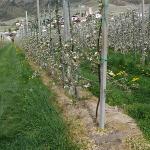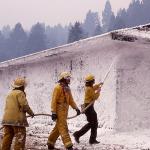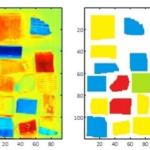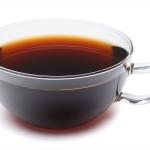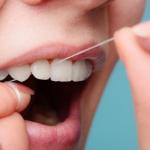This is a really great day for evidence-based policy, which means it's a really bad day for environmental and anti-GMO activists.
Chemicals & Chemistry
By Michael L. Dourson, Bernard Gadagbui, and Patricia M. McGinnis
The AAAS, which stands for the American Association for the Advancement of Science, is one of the foremost pro-science organizations in the world.
By Dr. Jenifer Heath
Perfluorooctanoic acid (PFOA) is a chemical commonly found in household products. Its purpose is to resist stains, grease, and other assaults.
How do you know when a "study" isn't really a study? When the people who performed it wrote up a brochure hyping its results before actually bothering to publish a scientific paper.
Reprinted by permission of McGill University Office for Science and Society.
###
Here are two facts about plastic recycling. Chances are that you know one of them and that you don't know the other. I sure didn't before today.
WHAT YOU PROBABLY KNOW
Reprinted by permission of McGill University Office for Science and Society.
###
Reprinted by permission of McGill University Office for Science and Society.
###
In what is almost certainly a Sisyphean task I'm going to try to apply logic to homeopathy. And it's going to be a bit obnoxious. So, all you believers who already hate me better get out your voodoo dolls and pins ready.
